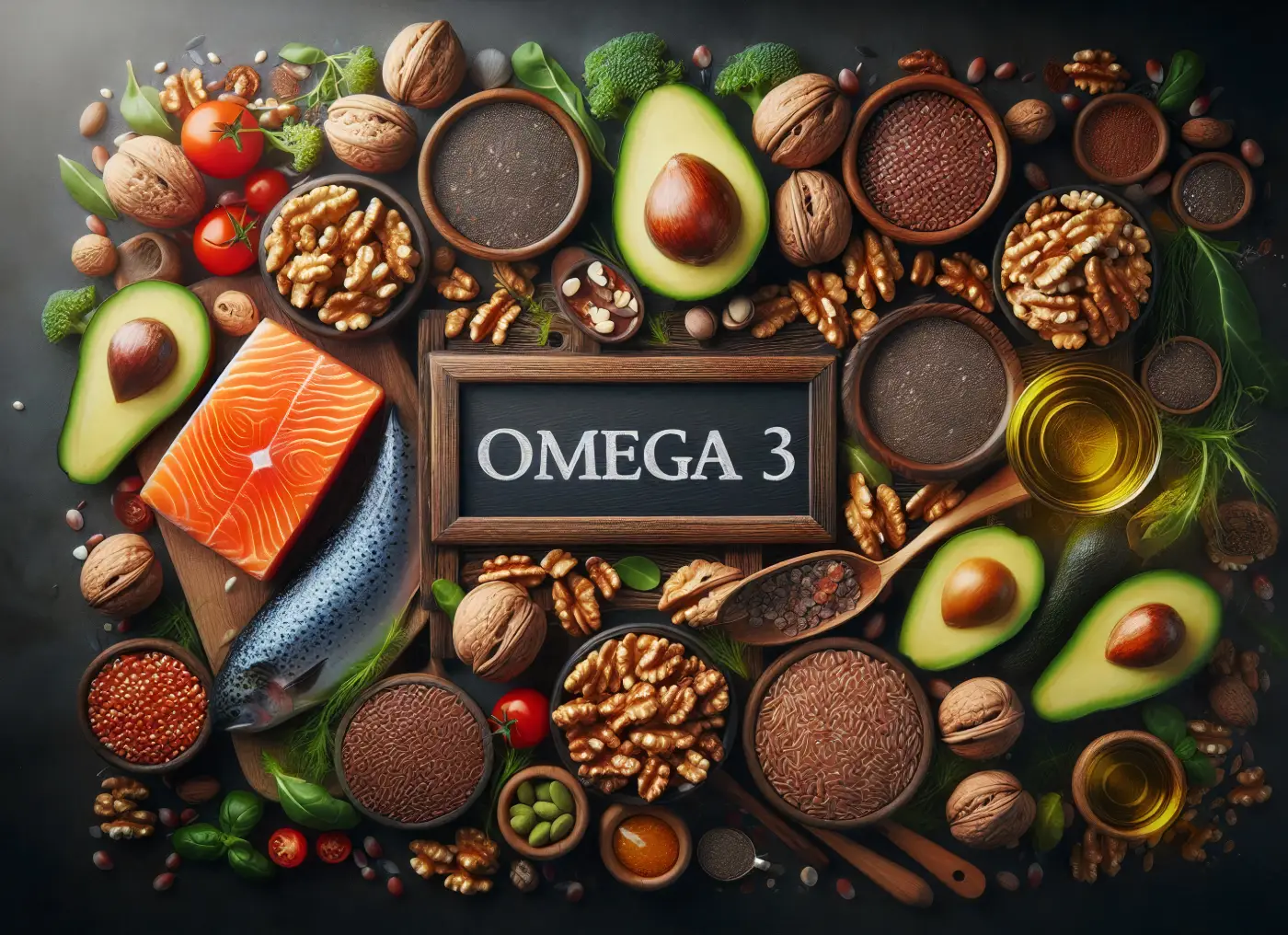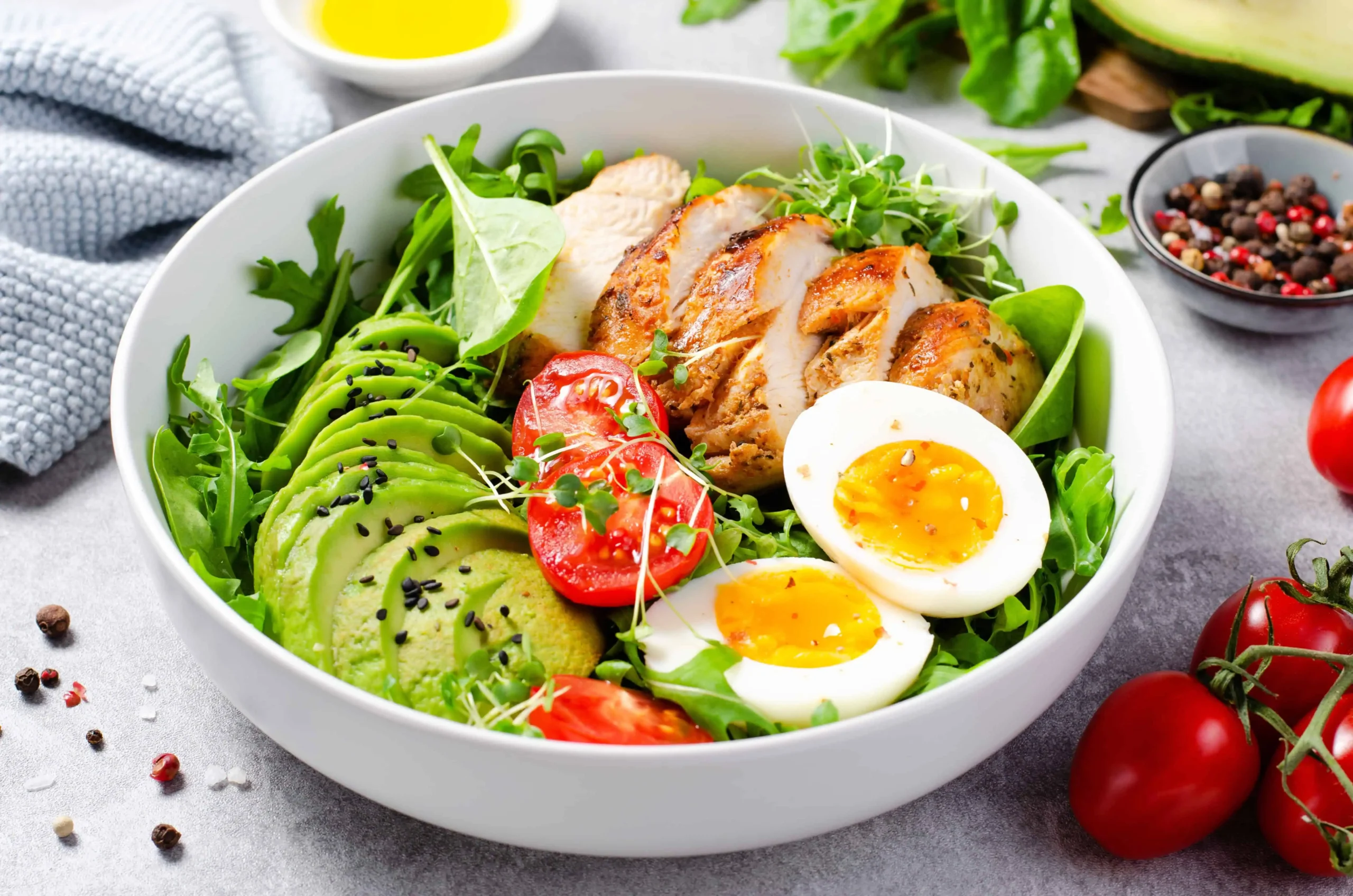With teachers and kids getting back from summer vacation and entering potential germ-filled zones, staying safe and healthy is a priority. These zinc health tips will help parents, teachers, and everyone else meet their daily nutrient requirements to fight off any sickness that comes their way.
What is Zinc?
Zinc is an immune-boosting essential nutrient that the body doesn’t produce or store. This means that you have to get a constant supply of the mineral through your diet or supplementation. Zinc is required for numerous roles in the body including growth and development, DNA synthesis, wound healing, immune function, and more. Zinc is naturally found in a variety of plant and animal food, and you can also take zinc supplements to meet your daily requirements.
The Role of Zinc in Your Body
After iron, zinc is the second-most abundant trace mineral in your body and is necessary for the activity of enzymes responsible for aiding metabolism, digestion, nerve function, and more. Zinc is vital for cell growth and division and helps your immune system fight off invading bacteria and viruses. Your sense of taste and smell also rely on zinc and a zinc deficiency can reduce your ability to taste or smell.
Benefits of Zinc
Research has shown that zinc can provide the following benefits:
- Boosts your immune system
- Accelerates wound healing
- Contains anti-inflammatory properties
- Contains antioxidants
- Heals your gut
- Boosts cognitive function
How Much Zinc Do You Need?
The recommended daily allowance of zinc is 8 mg for adult women and 11 mg for adult men. Getting too much zinc (the upper limit is 40 mg per day) can inhibit the absorption of copper, iron, and magnesium. You may experience nausea, diarrhea, and headaches as a consequence of too much zinc.
However, not getting enough zinc can also lead to negative effects on your health. Zinc deficiencies can lead to decreased immune function, gut issues, poor appetite, hair loss, and impaired sense of taste or smell. Individuals most at risk of zinc deficiency include those who are pregnant, anemic, or have chronic kidney disease. The bioavailability, meaning how much your body actually is able to utilize, of zinc is also lower in plant food sources, so if you are on a plant-based diet it may be more difficult to reach your zinc requirements.
Consuming enough zinc every day will help prevent deficiencies and allow your body to gain numerous benefits.
Foods High in Zinc
Here are the best zinc foods to stock up on at the grocery store.
1. Meat
Meat, especially red meat, is an excellent source of zinc. While certain meats such as beef and pork can come with larger amounts of saturated fats, animal proteins can bring an abundant amount of nutrients to your body. Keep your intake of processed meat to a minimum and consume unprocessed red meats with a diet full of fruits, veggies, and fiber.
2. Shellfish
Shellfish are a healthy addition to a number of delicious dishes (pasta, soup, stir fry) and are also full of zinc. Oysters contain particularly high amounts of zinc, with 32 mg per serving, and crab and shrimp can contain up to 3 mg of zinc per three-ounce serving.
3. Nuts and Seeds
Nuts and seeds can be an easy healthy snack that contains notable amounts of zinc, helping to boost your immune function. Trail mix, baked goods, nut and seed butter sandwiches, and salads are great nut and seed sources containing zinc.
4. Legumes
Legumes such as beans, peas, and lentils not only contain a great amount of zinc, but also bring protein, fiber, and other nutrients to your diet. Did you know that peanuts are considered a legume? It’s easy to classify a peanut as a nut (“nut” is even in its name), but peanuts are actually legumes that grow in pods.
5. Eggs
Eggs are a great source of protein, vitamin D, choline, and zinc. One large egg can contain around 5% of the daily zinc value for men and around 6% of the daily value for women. So whip up some scrambled eggs or an omelet in the morning to jumpstart your day with protein, zinc, and other essential daily nutrients.
6. Dairy
If you don’t have a dairy allergy, dairy products can be a great source of bioavailable zinc, as well as protein, calcium, and healthy carbs and fats. Cheese and milk are notable dairy sources of zinc, as well as yogurt and butter. One and a half ounces of cheese can contain 1.5 mg of zinc and a cup of low-fat cow’s milk or six ounces of yogurt provide 1 mg each.
7. Whole Grains
Whole grains are notably recognized for their great source of fiber, which helps regulate digestion, manage cholesterol levels, and keep you feeling full. In addition to fiber, whole grain products include important micronutrients, including zinc. Oats, quinoa, wheat, and rice (especially brown) are great whole-grain products with zinc sources.
8. Some Vegetables
Fruits and vegetables, in general, aren’t the best source of zinc; however, certain vegetables contain reasonable amounts. A cup of raw kale can contain 0.3 mg of zinc and cooked broccoli can provide 0.4 mg per half cup. While vegetables don’t contain the highest amounts of zinc, they are still an essential part of the diet and can help reduce chronic diseases.
9. Dark Chocolate
Try adding dark chocolate to your diet for a zinc-filled sweet dessert. If you need an excuse to eat something indulgent, dark chocolate contains a number of health benefits.The higher the percentage of cacao the higher the zinc value. A 70-85% dark chocolate bar can contain up to 0.9 mg of zinc. Dark chocolate also contains vascular benefits, helping to lower blood pressure.
Contact Nova Vita Wellness Centers
Get in touch with our medical professionals who can help you with a number of different health problems. At Nova Vita, our qualified and experienced medical experts will help navigate your health journey. From low levels of zinc to chronic disease diagnosis to wanting to ensure you have the right amount of antioxidants, we are here to help! Our micronutrient lab can help identify deficiencies and our IV vitamin infusions and boosters can help replenish low levels to help you start feeling great. Contact us today and discuss your health needs with our medical professional team.







